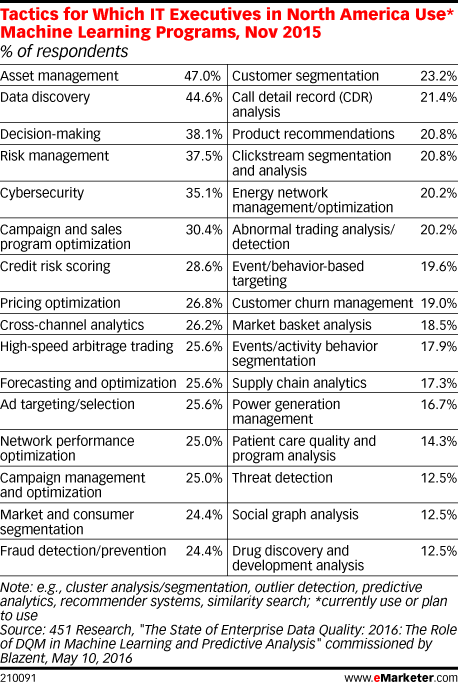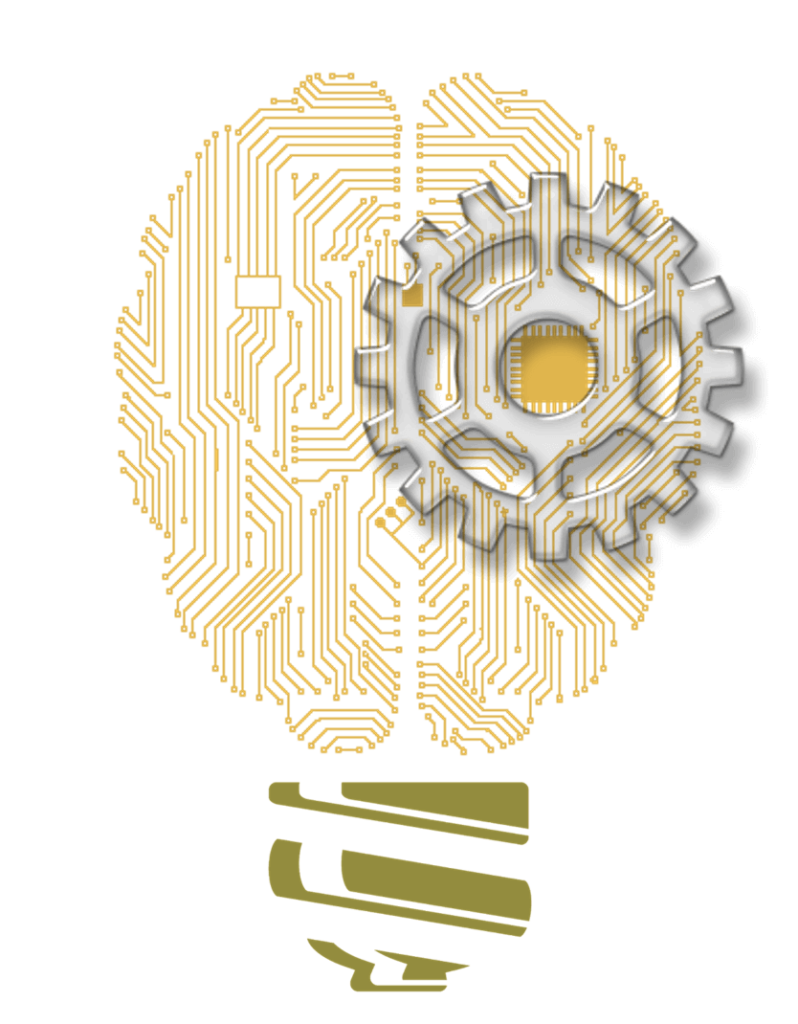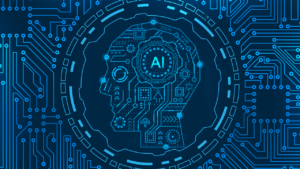The business world is awash with buzzwords, new technologies, and inflated promises. There’s so much of it that Drew Breunig (@dbreunig), Vice President of Strategy at PlaceIQ, reminds us that when we are bombarded with new ideas they can become like white noise — easily ignored. But, Breunig pleads, “Do not ignore machine learning.”[1] He adds, “You should pay attention to machine learning because it has been prioritized by the companies which drive the technology industry, namely Google, Facebook, and Amazon. The nature of machine learning — how it works, what makes it good, and how it’s delivered — ensures that this strategic prioritization will significantly change the tech industry before even a fraction of machine learning’s value is unleashed.” George Leopold reports that a recent study concluded, “Machine learning technology is poised to move from niche data analytics applications to mainstream enterprise big data campaigns over the next two years.”[2] He continues, “SoftServe, a software and application development specialist based in Austin, Texas, reports that 62 percent of the medium and large organizations it polled in April said they expect to roll out machine learning tools for business analytics by 2018. That majority said real-time data analysis was the most promising big data opportunity.” The Forbes Technology Council notes, “Machine learning isn’t just for high-tech companies anymore. These days, any business can leverage machine learning for sales, marketing and to drive engagement.”[3]
The fact that machine learning (ML) is becoming a high priority for businesses at the same time that oceans of data are being collected is no coincidence. Machine learning techniques require massive amounts of data. Raj Kosaraju (@rajkosaraju), CIO of Maxil Technology Solutions Inc., asserts, “Data is immensely valuable, high performing, challenging and huge. A wide variety and huge volumes of data are readily available to be explored.”[4] With the data in place, machine learning begins with algorithms that instruct computers what to do with it. Becky Lawlor (@lawlor_becky) notes, “Algorithms have become a ubiquitous and essential part of business operations. … The use of these algorithms can not only increase an enterprise’s internal efficiency, but often algorithmic software or machine learning algorithms can also be used to deepen consumer loyalty and trust.” Kosaraju believes there are four key factors enabling the rise of machine learning. They are:
- Internet of Things: IoT is here in the devices, sensors, cloud infrastructure, data and business intelligence tools you are already using today. Experts believe the next big wave of technology lies within the IoT, which refers to things that connect to the Internet like TVs, refrigerators, garage doors and even cars that collect data about the way we live. It’s deeply tied in with data, analytics and cloud to both enable it and to improve solutions. The key goal is to make sure there is value to both customers and businesses. IoT will have a huge impact in terms of cloud and big data applications. Cloud systems will have powerful machine learning and artificial intelligence engines that ingest feeds of data being produced by these IoT devices and produce business logic that drives operational decisions.
- Big data: Applications are beginning to be used to enhance user experience by predicting what actions a user would prefer next, a concept derived from the need for increasingly dynamic web-based applications. From governments to airlines to rental car companies, insurance firms and banks, big data is transforming how we understand the world, do business and implement public policy. As more and more companies realize the worth of implementing big data strategies, more services will emerge to support them.
- Unstructured data: Big data analytics also brings unstructured data into the fold — managing the exponentially-growing information gleaned from social media feeds, email, blogs, videos, call logs, customer service records and other sources. Big data will play a big role on the network.
- Cloud computing: As more and more organizations are creating their new applications in the cloud it is becoming an accepted norm that in 10 years’ time the cloud is predicted to host their own applications. It is also a fact that the today’s concerns about security of the cloud will be reversed in a decade. Cloud companies will be storing more than 100 petabytes on Cloud Databases. They will also have their choice in terms of offering cloud services that have a retail cloud, a health care cloud, a finance cloud, and the likes.
S. Somasegar (@SSomasegar) and Daniel Li (@danielxli) insist, “If your company isn’t using machine learning to detect anomalies, recommend products or predict churn, you will start doing it soon. Because of the rapid generation of new data, availability of massive amounts of compute power and ease of use of new ML platforms, … we expect to see more and more applications that generate real-time predictions and continuously get better over time.”[6] There are a large number of use cases available to demonstrate the value of machine learning in the business world. Emarketer published the following chart that demonstrates how companies are already using machine learning to improve their businesses.

Members of Forbes Technology Council predict that machine learning will be used to: provide sales and marketing funnel analysis; achieve greater efficiencies; increase profitability and customer retention; and drive higher customer engagement. Leopold adds, “Tools like machine learning also are perceived as helping to break down data siloes while improving the quality of business intelligence data used in decision-making.” Lawlor concludes, “Most enterprises are barely scratching the surface of the usefulness and strategic importance of machine learning algorithms. Algorithmic software is still in its infancy, but it has the potential (already partially fulfilled) to completely change business processes by not only understanding and improving work operations better than the human mind can, but by making processes more efficient, effective and agile.” Machine learning is only one of the capabilities featured in cognitive computing systems — which I predict will be the foundation of digital enterprises in the future.
Footnotes
[1] Drew Breunig, “The Business Implications of Machine Learning,” Medium, 22 June 2016.
[2] George Leopold, “Enterprises Embrace Machine Learning,” Enterprise Tech, 15 July 2016.
[3] Forbes Technology Council, “How Non-Tech Companies Can Leverage Machine Learning,” Forbes, 16 June 2016.
[4] Raj Kosaraju, “How Machine Learning Affects Everyday Life,” icrunchdata News, 6 July 2016.
[5] Becky Lawlor, “How Machine Learning Algorithms Are Accelerating Business Productivity,” Samsung Insights, 15 July 2016.
[6] S. Somasegar and Daniel Li, “Key trends in machine learning and AI,” TechCrunch, 6 July 2016.





